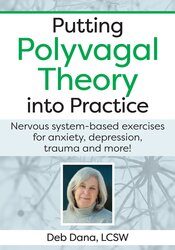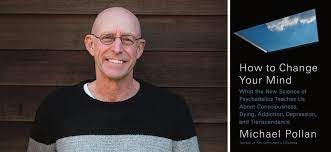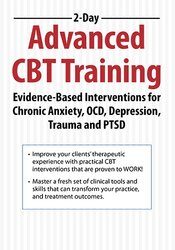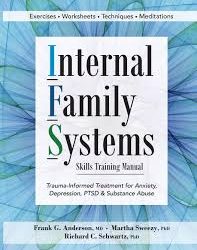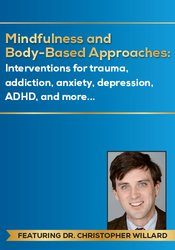🌟 New Year Offer 🌟
Celebrate 2025 with 30% OFF on all products! Use code: NEWYEAR2025. Hurry, offer ends soon!
Dr. Sapolsky will guide you through physiological explanations for stress and depression, interconnect the fields of psychology and neurobiology, and strengthen the case for brain-based therapeutic treatments.
Robert Sapolsky – Learn from the Masters, The Neuroscience of Stress, Depression and Developmental Trauma
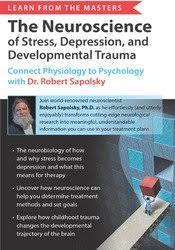
In this captivating recording, you’ll have the rare opportunity to learn from Dr. Robert Sapolsky, one of the world’s leading researchers on the physiology and psychology of stress.
Dubbed the “world’s funniest neuroscientist” (Salon.com), Dr. Sapolsky will guide you through physiological explanations for stress and depression, interconnect the fields of psychology and neurobiology, and strengthen the case for brain-based therapeutic treatments.
Two hours of an enlightening and entertaining lecture from Dr. Sapolsky are followed by a unique one-hour interview with clinical psychologist, international speaker, and author Dr. Jennifer Sweeton. In what is sure to be a lively, informative, and thought-provoking discussion, doctors Sapolsky and Sweeton will cover a variety of topics about stress, depression, and trauma, and tie it all back to the strategies and techniques that you can use in the office with your clients each day.
Key Benefits of Watching:
- 3-hour format gives you the chance to learn from a remarkable and memorable expert without a day-long commitment.
- Dr. Sapolsky brings humor and humanity into his discussions of research and physiology, all while making the science of the brain-body connection to our psychological well-being accessible and useable.
- Learn to apply neuroscientific principals to your practice to enhance clinical outcomes.
- Integrate research findings into treatment with proven therapeutic methods based in mindfulness, positive psychology, and somatic psychologies.
- Analyze the neurobiological mechanisms of how and why stress becomes depression, differentiate this from anxiety, and explain how this information impacts the clinician and their treatment plans.
- Evaluate how childhood trauma changes the developmental trajectory of the brain, explore the clinical manifestations of these impacts, and apply clinical strategies to make your client’s brains less susceptible to traumatic stress-based damage.
- Characterize how the stress pathway, stress response, and brain interact to produce the experience of stress, and communicate how stress can be managed using therapeutic techniques that impact these areas of the brain and body.
Would you like to receive Robert Sapolsky – Learn from the Masters, The Neuroscience of Stress, Depression and Developmental Trauma ?
- What Does Biology Have to do With It?
- The Nature of Stress and the Stress Response
- The nature of stress
- Homeostasis
- The dichotomy between short-term and long-term stress exposure
- The stress response
- Hormones and autonomic pathways
- How the long-term stress response impacts the brain and body
- The Nature of Stress and the Stress Response
- Clinical Manifestations of Chronic Stress in Your Clients
- Impaired declarative memory
- Vulnerability to anxiety and fear conditioning
- Impaired executive functioning
- Impaired empathy
- The Interplay of Stress, Depression and
- Developmental Trauma
- The Neurochemistry and Neuroanatomy of Stress, Depression and Childhood Adversity
- How and why stress becomes depression
- Neurobiological mechanisms
- The psychological components of stress
- Learned helplessness as a model for depression
- Stress as a bridge linking the biological and psychological features of depression
- The genetics of affective resilience in the face of stress
- Childhood adversity as a risk factor
- How traumatic stress shifts the trajectory of brain development
- Clinical implications
- The Neurochemistry and Neuroanatomy of Stress, Depression and Childhood Adversity
- Connecting Biology to Psychology in Your Clinical Practice: An Interview with Dr. Jennifer Sweeton
- When is stress good?
- How can neurobiology help you to determine treatment methods and set goals?
- Coping with stress – social isolation vs. social affiliation
- Techniques that impact stress pathways, the stress response and the brains limbic regions
- Strategies to create resilient brains that are less susceptible to stress-based damage
- Gratitude interventions for stress and depression
Course Features
- Lecture 0
- Quiz 0
- Duration Lifetime access
- Skill level All levels
- Language English
- Students 0
- Assessments Yes

